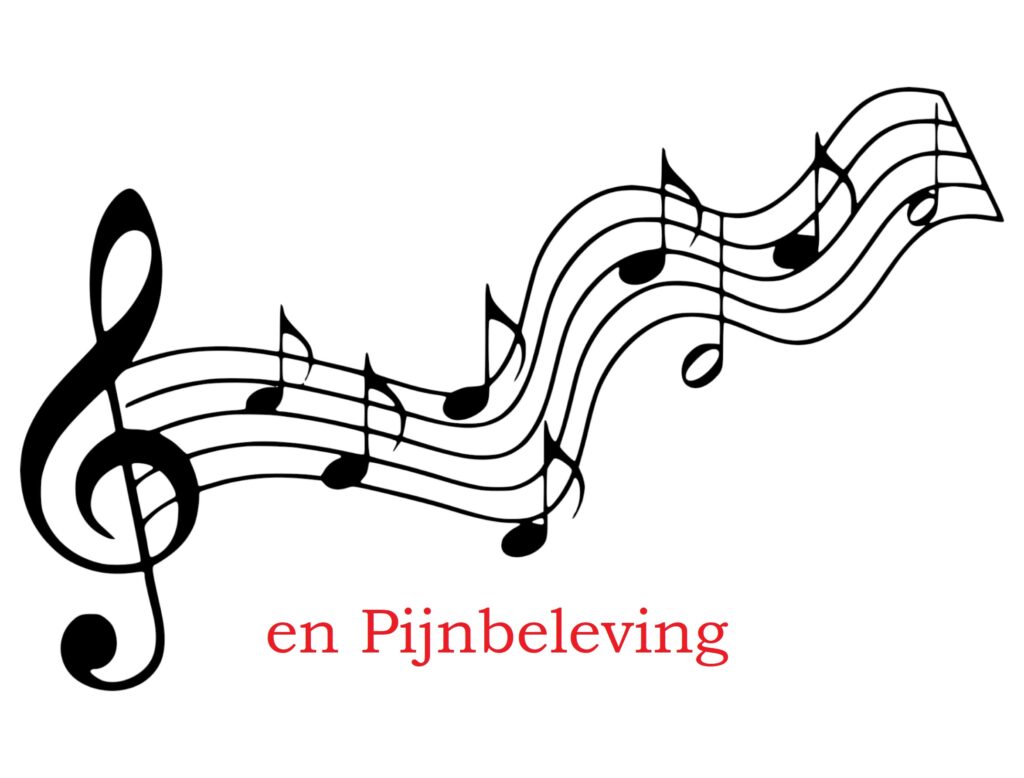Source: Jornals.plos.org

Pain is a common and disabling health care problem. Because medications have numerous side effects, additional treatment may be helpful. It has been shown that music influences the experience of pain and the pain threshold. The aim of this study was to evaluate the effect of favorite music, as opposed to disliked music, on pain (tolerance) thresholds and perceived pain intensity in healthy volunteers. A total of 415 volunteers participated in this study. In both groups, favorite music produced higher pain thresholds than disliked music and lower perceived pain intensity. Furthermore, the highest pain thresholds occurred when the preferred music was preceded by disliked music. Listening to favorite music when receiving noxious stimuli leads to higher pain thresholds and lower perceived pain scores compared to disliked music. Preferred music can be beneficial for patients in pain or undergoing painful procedures.
Because medications have a range of negative side effects, other complementary pain treatments may be helpful. It was shown that music interventions can provide an effective approach in the treatment of both acute (post-operative) pain and chronic pain. Music could serve as a low-cost therapeutic option in addition to conventional pain treatments such as medications. It is easily accessible and can be self-administered by patients, increasing their sense of empowerment.
Recent other studies have supported the beneficial effects of music on pain perception. The analgesic effect of music was demonstrated in research among burn patients who, when music was played during routine wound care, experienced less pain compared to the patient control group. Music reduced pain intensity, but also resulted in lower levels of anxiety, less use of painkillers and listening to music increased patient satisfaction in the postoperative phase. Moreover, it was concluded that a patient should preferably listen to music of his own choice.
A large pain-reducing effect of music interventions was also noted when adding music to care in cancer patients compared to standard care.
In patients with chronic pain, music was found to reduce chronic pain intensity and depressive symptoms most effectively when patients could make their own choice of music. In another study, favorite music was found to increase pain tolerance and decrease pain intensity during a hand immersion test in ice water compared to the same task without music. When listening to preferred music, pain stimuli were tolerated longer than when listening to relaxation music, but only in women was the perceived pain intensity lower.
Until now, it is not entirely clear how music affects pain. One possible mechanism of how music affects pain processing is distraction, a process by which music engages cognitive skills, diverts participants' attention, and subsequently inhibits the intensity and unpleasantness of pain. Having an emotional connection with the music while listening may also play a role in its pain-reducing ability. In addition, music could also have an effect on the activity of the autonomic nervous system.
To read the scientific article Click here
